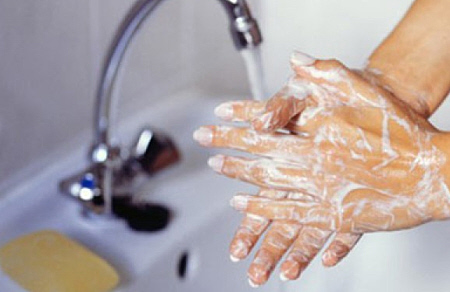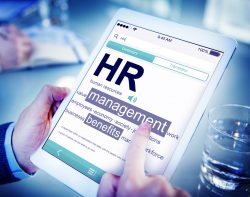According to the Centers for Disease Control (CDC), handwashing is one of the most effective means of preventing deadly infectious diseases. Simply put, handwashing saves lives. As such, let’s celebrate the importance of handwashing this week.
It has been repeatedly proven that correct handwashing not only reduces the spread of flu, colds, and infectious diarrhea, but also eliminates the spread of antibiotic-resistant germs and very serious potentially life-threatening diseases like hepatitis, tuberculosis, and respiratory infections. The reason is that most germs are transmitted through hand-to-hand contact. Sadly, here is how it works: A sick person sneezes, coughs, or blows their nose. You then shake hands or pick up something they have touched and then rub your eyes, mouth, or nose. The germs from the sick person’s hands are now in your body and these germs start replicating. Before you know it, people all around you now have the same illness.
So exactly when should you wash?
You should wash your hands before:
- - Handling any uncooked foods, especially raw meats, poultry, or fish.
- Preparing or eating food or drink.
- Treating a cut.
- - Caring for someone who is sick, injured, or fragile.
- Working out, especially at a communal health club or fitness center.
Also, if you wear contact lenses, you should always wash your hands before inserting or removing a contact lens.
You should also wash your hands after:
- Touching any doorhandle.
- Sneezing, coughing, or blowing your nose.
- Handling any uncooked foods, especially raw meats, poultry, or fish.
- Eating food or drink.
- Going to the bathroom.
- Changing a diaper.
- Handling garbage.
- Handling an animal or animal waste.
- Caring for someone who is sick, injured, or fragile.
And how exactly should you wash your hands?
How you wash is just as important as when you wash.
Importantly, the CDC recommends using liquid soap rather than bar soaps, since bar soaps can host germs. They also say that temperature is less important than handwashing technique. You should first wet your hands and then apply the soap. Next, you should vigorously rub your hands together for at least 15 seconds, making sure that you not only rub the front and back of your hands, but also your wrists, between your fingers, and under your fingernails. Then, you should thoroughly rinse and dry your hands, using a clean towel, paper towel, or air dryer. To prevent creating dry skin, you should pat rather than rub the skin when drying. Also, it always helps to finish with some hand lotion. Although alcohol-based hand sanitizers are convenient, especially when soap and/or water are not available, you should NOT make them available to children, since these liquids have a high concentration of alcohol that children could accidentally ingest.
While handwashing is important for all industries, it is critically important for the healthcare industry, literally. Every year, roughly 700,000 people in the U.S. develop infections during a hospital stay, and about 99,000 die, according to the Centers for Disease Control and Prevention. Why? Poor handwashing compliance is the exact reason. The rule and training regimen in healthcare is that the workers are supposed to follow the process outlined above but lengthen the actual handwashing time period to the time it takes to sing the “Happy Birthday” song, twice.
Thus, proper handwashing compliance in healthcare literally saves lives. And which health employees are washing their hands like they are supposed to? You got it: employees who are engaged. I am very proud to say that the last company I founded, HR Solutions, conducted the first and only study proving that there is a near-perfect correlation between handwashing compliance and employee engagement.
Germs are always spreading, but no more so than during the holidays. So please be safe: wash your hands!!!
Latest posts by Kevin Sheridan (see all)
- The Importance of Adaptability In Your Next Hire - October 19, 2022
- The 12 Toughest Interview Questions (And How To Best Answer Them) - August 3, 2022
- How To Attract & Keep Readers - July 17, 2022













